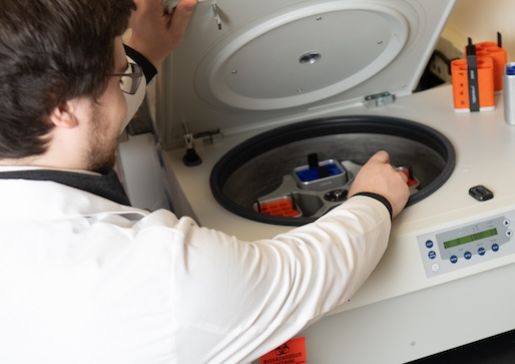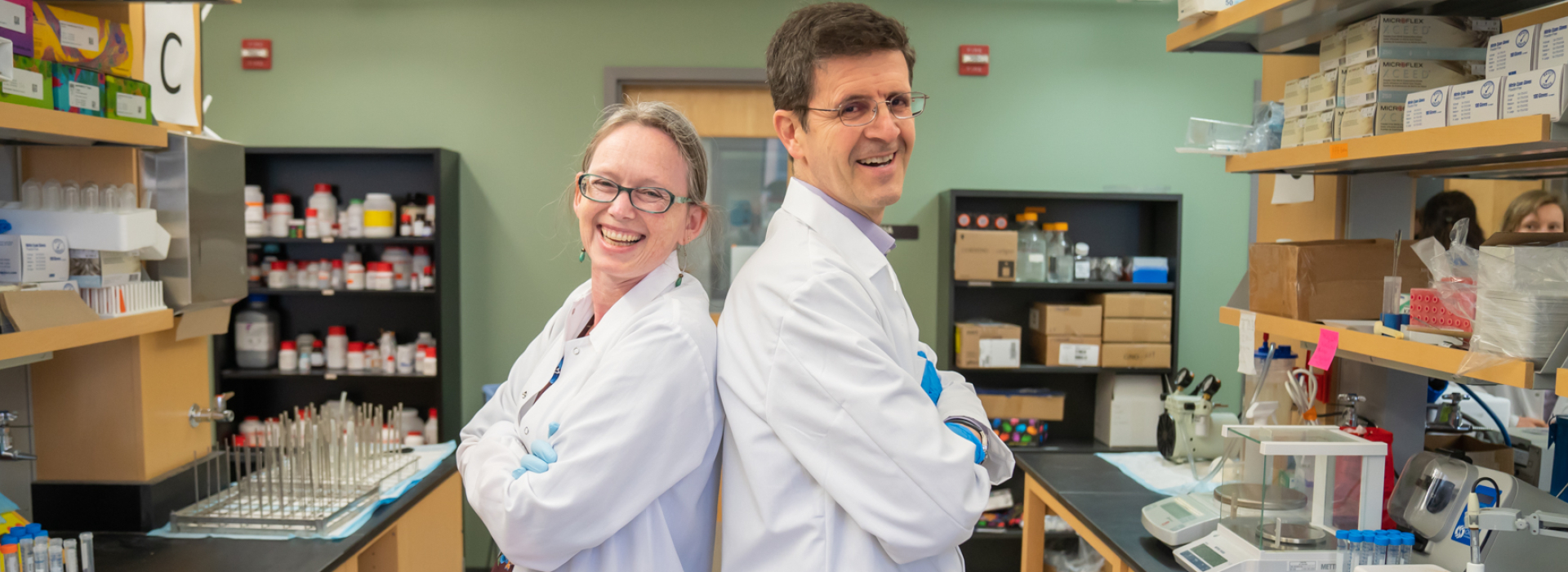Kidney Disease Clinical Research
Research in the University of Wisconsin Division of Nephrology focuses on general nephrology, interventional nephrology and transplantation. We offer many ongoing clinical studies in partnership with UW Health, home of one of the most active and successful kidney transplant programs in the nation.
Our investigators work to transform medicine every day. Get to know them below.

General Nephrology
Interventional Nephrology


Innovate With Us
No matter where you are in your career, our department's robust environment—and our partnerships with the world-class UW-Madison—will help you launch and maintain a successful research program.
